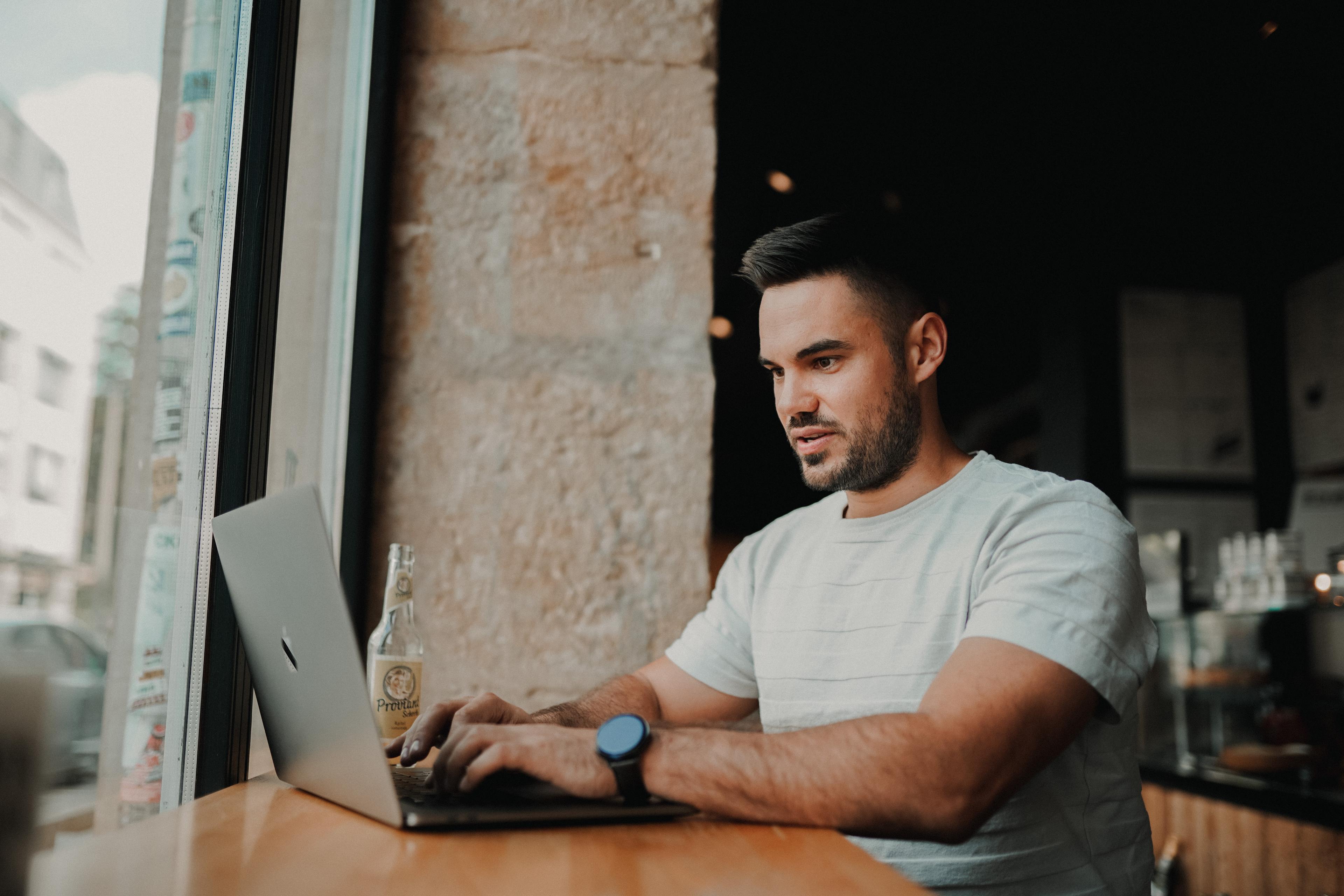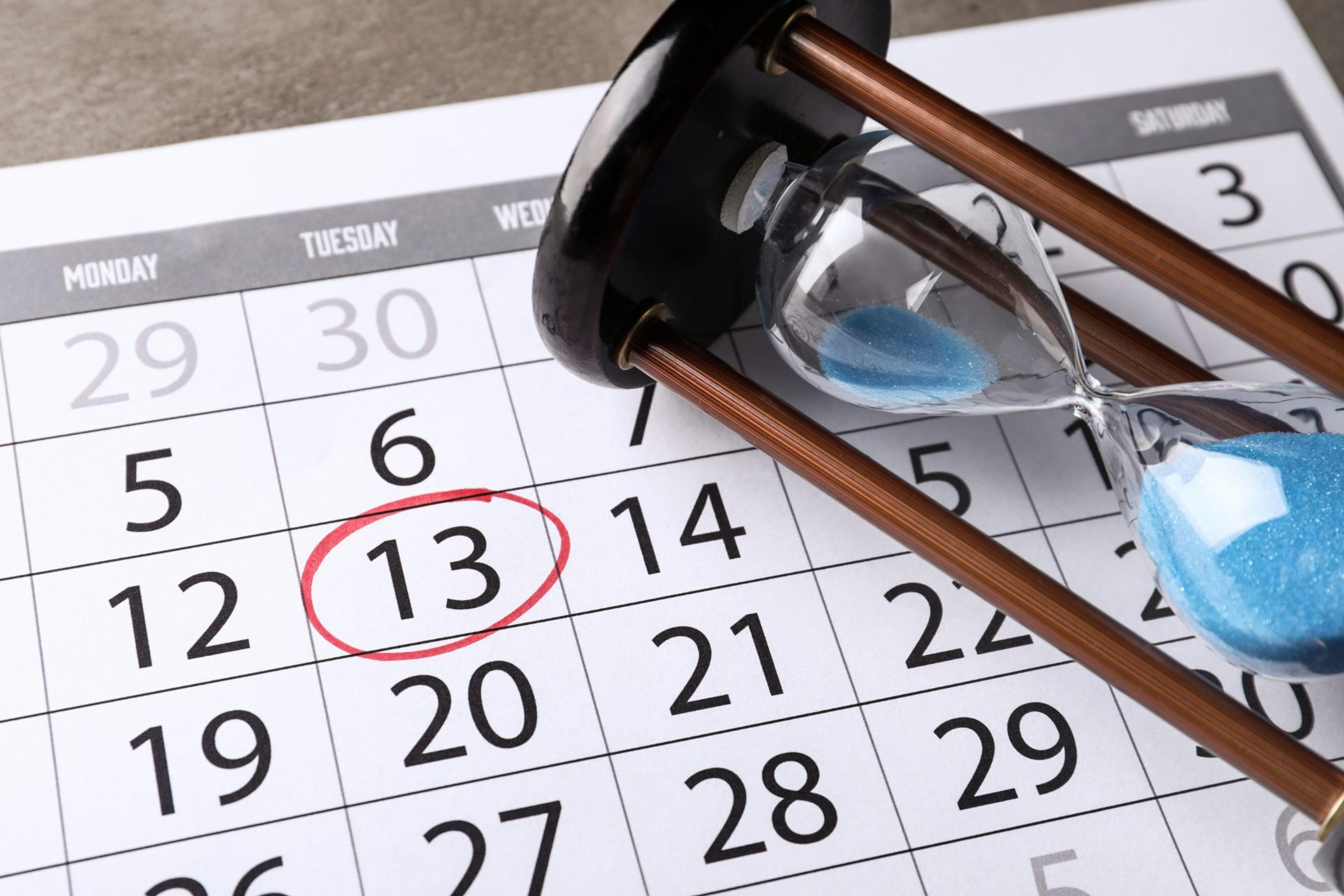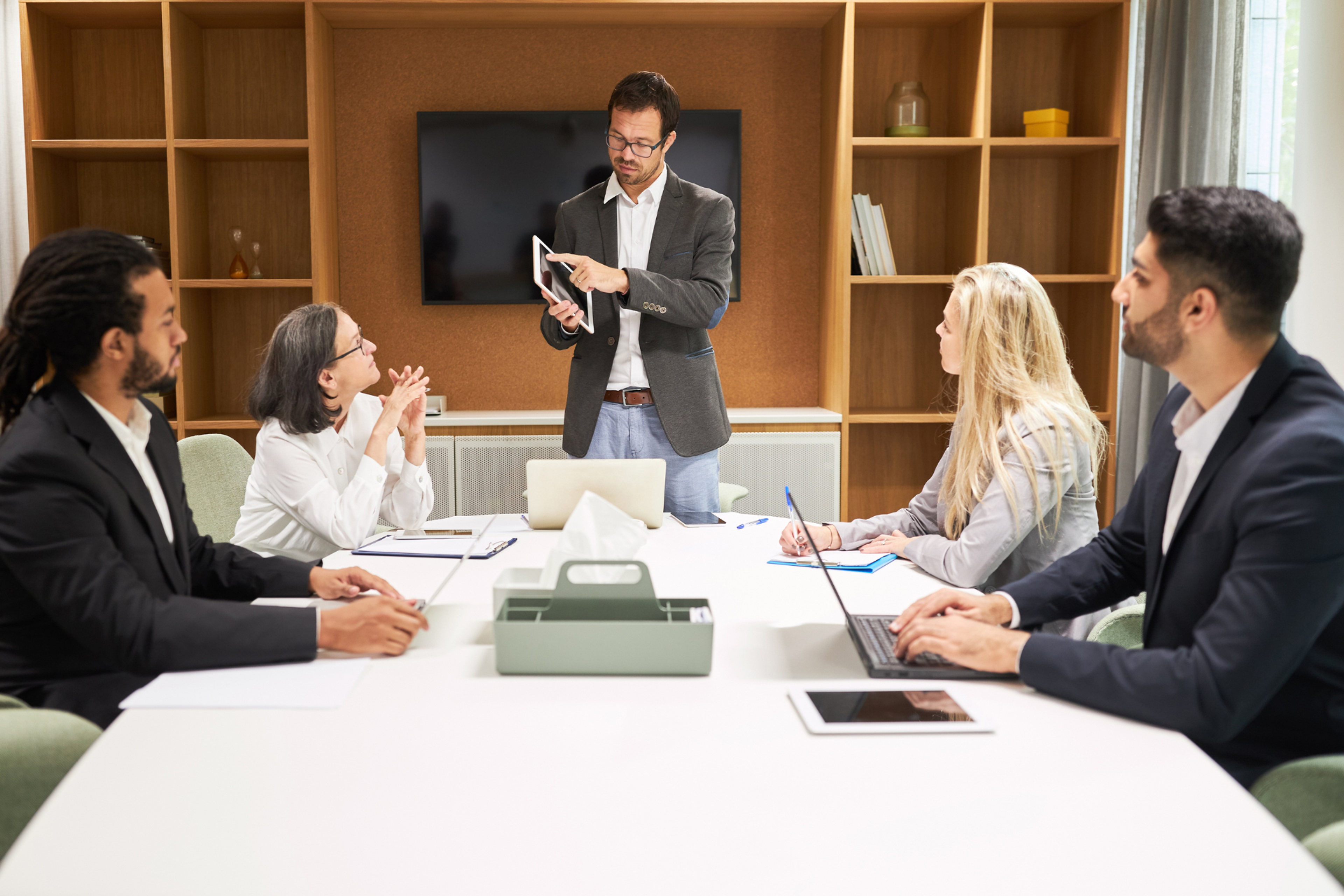Consulting Coffee Chats: The Ultimate Guide [2025]
Looking to make the most out of your consulting coffee chats? Our article covers the top questions to ask during your next coffee chat to help you stand out and make a lasting impression.
Posted June 13, 2025

Table of Contents
Coffee chats have become a fixture in the world of consulting. This informal setting provides an opportunity for potential candidates or current consultants to network, ask questions, and get insights about the consulting industry, all while expanding their professional network. However, many people are unsure about how to make the most out of their coffee chats. This article will provide a comprehensive guide on how to prepare, what to do during a coffee chat, and how to follow up effectively.
What is a Coffee Chat?
A coffee chat is an informal, one-on-one conversation with a professional designed to learn about their career, company, or industry. Often used in networking or job exploration, coffee chats provide an opportunity to ask questions, gain insights, and build meaningful connections in a casual, low-pressure setting.
Why Coffee Chats Are Important
Coffee chats serve as an excellent platform for building your professional network, acquiring industry knowledge, and connecting with influential professional groups within the consulting field. If well-executed, coffee chats can lead to job interviews, referrals, and job offers.
Here’s why consulting coffee chats are such a powerful tool for aspiring consultants:
1. You can gain insider insights.
Consulting websites and recruitment materials paint a broad picture, but a coffee chat gives you firsthand, nuanced perspectives. Professionals can share their day-to-day responsibilities, what sets their firm apart, and even provide advice on how to stand out during the application process. You’ll often get a clearer picture of firm culture, project types, and career progression that goes beyond the standard "marketing spiel."
Expert Tip: Prepare thoughtful questions tailored to the individual’s background, such as: “What was your favorite project, and why?” or “How does your firm support professional development and growth?”
2. Build genuine relationships.
Consulting coffee chats aren’t just about gaining knowledge; they’re also about forming authentic connections with people in the industry. A great conversation can leave a lasting impression and set you apart during the recruiting process. Professionals you meet through coffee chats could become advocates, mentors, or even referral sources for your application.
Don’t treat the conversation as purely transactional. Show genuine curiosity about their career and experiences, and find ways to relate on a personal level. A shared interest or alma mater is a good way to create a stronger connection.
3. Clarify your own career goals.
Sometimes, the most valuable takeaway from a coffee chat isn’t a firm recommendation or a referral—it’s clarity about your own aspirations. You might discover you’re more interested in strategy-focused work than implementation or that a specific firm aligns better with your career goals. Use these chats to refine your understanding of what you want (and don’t want) in your consulting journey.
Why “Coffee”?
While these chats are often referred to as "coffee chats," they don’t always involve coffee or even an in-person meeting. In today’s hybrid world, many coffee chats happen virtually over Zoom or a phone call. The “coffee” is metaphorical – it represents the casual, friendly nature of the discussion, as opposed to a formal interview.
How to Ask For and Schedule Coffee Chats
Requesting a coffee chat requires a mix of professionalism and authenticity to maximize your chances of getting a response. Here's a step-by-step guide to help you secure and schedule meaningful conversations:
1. Choose the right people to reach out to.
Use LinkedIn, alumni networks, or professional organizations to find individuals whose roles or firms align with your career interests. Prioritize warm connections, such as alumni or mutual contacts, but don’t shy away from cold outreach to others who inspire you or are in your target industries/roles.
Expert Tip: Look for individuals who are one to three career steps ahead of you, as they’re often more relatable and open to helping.
2. Write a personalized message.
Avoid generic messages. Instead, mention something specific about their background, such as a shared alma mater, a recent article they authored, or an interesting project they worked on.
3. Be flexible and specific.
Offer a few time options and mention your willingness to accommodate their schedule. Tools like Calendly can simplify the process but should be used sparingly to avoid seeming impersonal.
4. Follow-up (but don’t pester!).
If you don’t hear back within a week, send a polite follow-up message. Many professionals are busy, and persistence (without overstepping) can show genuine interest.
Example Reach Out Messages
Here are three examples of invitations to coffee chats, each from a different angle. Use these as inspiration, but note that the best invites are those that are customized to your background and goals.
Example #1 – Shared Alumni Connection
[Name], My name is [Your Name], and I’m a sophomore at Duke University majoring in Economics. I recently attended a virtual alumni panel where you spoke about your experience at BCG, and I was inspired by your journey from Duke to a consulting career. As someone who is exploring consulting as a potential career path, I would greatly appreciate the opportunity to hear more about your transition, your current role, and any advice you have for someone aspiring to follow a similar path. If you’re open to it, I’d love to schedule a quick 20-minute coffee chat at your convenience. I’m flexible and can adjust to your schedule, but here are a few times that work for me: Tuesday, January 23, between 2:00-4:00 PM EST Wednesday, January 24, between 10:00-1:00 PM EST Thursday, January 25, after 3:00 PM EST Thanks so much for considering my request. I’m looking forward to learning from your insights and experience. [Your Name]
Example #2 – LinkedIn Post
[Name], I hope this message finds you well! My name is [Your Name], and I’m a junior at the University of Michigan studying Business Administration. I recently came across your LinkedIn post about your experience working on a sustainability-focused project at Bain. Your passion for creating impact through consulting really resonated with me, as I’m interested in pursuing work that blends strategy and social good. I would love to hear more about your experience at Bain, particularly how you’ve navigated impactful projects and grown your career. If you have 20–30 minutes for a virtual coffee chat, I’d be grateful for the opportunity to connect. I’m happy to accommodate your schedule but have availability during the following times: Thursday, February 1, 1:00-4:00 PM EST Friday, February 2, 10:00 AM-12:00 PM EST Saturday, February 3, morning or early afternoon Thank you so much for your time and consideration. I’m looking forward to connecting and learning more about your journey. [Your Name]
Example #3 – Connection With Your Firm
[Name], My name is [Your Name], and I’m a senior at UCLA majoring in Political Science. During a recent networking event hosted by McKinsey, I learned about the work your team has done with public-sector clients, which deeply resonated with my interest in leveraging strategy to create meaningful societal impact. As I prepare to apply for consulting roles, I would be incredibly grateful for the chance to hear about your journey, your day-to-day work at McKinsey, and any advice you might have for someone transitioning into the field. I know your time is valuable, so even a quick 20-minute chat would mean a lot to me. I’m flexible but have the following availability next week: Monday, January 15, 3:00-5:00 PM PST Wednesday, January 17, 11:00 AM-1:00 PM PST Friday, January 19, afternoon Thank you so much for your time and generosity. I hope to connect soon and learn from your experiences. [Your Name]
Preparing and Running Coffee Chats
Before the Coffee Chat
Preparation is the foundation of a successful coffee chat. Start by thoroughly researching the individual you’ll be speaking with. Review their LinkedIn profile, recent projects, and firm details so you can ask informed, specific questions. Avoid asking anything you could easily find with a quick Google search – it’s essential to demonstrate that you’ve done your homework.
Next, set clear goals for the chat. Are you looking for industry insights, career advice, or guidance on navigating the application process? Having a purpose will keep the conversation focused and productive. To ensure you’re ready, prepare a prioritized list of 5-7 tailored questions. These will serve as a guide, but remember to stay flexible in case the conversation takes an unexpected yet valuable turn.
During the Coffee Chat
How you conduct yourself during the coffee chat can leave a lasting impression. Begin the conversation with gratitude, thanking them for their time and briefly explaining why you reached out. Ease into the discussion with some light small talk to build rapport, but don’t linger too long before transitioning to your prepared questions. Active listening is key here: pay close attention to their responses, and engage by asking thoughtful follow-up questions. This shows genuine curiosity and respect for their insights.
You’re looking for a balanced conversation, allowing them to share their experiences while also contributing your perspective when relevant. Stay mindful of their time; if the chat is scheduled for 20 minutes, wrap up accordingly unless they indicate they’re willing to extend it. Conclude by expressing your appreciation for their time, gratitude goes a long way!
After the Coffee Chat
The steps you take after the coffee chat are just as important as the conversation itself. The main thing you need to do here is send a thoughtful thank-you email within 24 hours, referencing specific points from your discussion to make the message personal and memorable.
For example, highlight a piece of advice they shared or an anecdote that resonated with you. Consider adding them on LinkedIn (if not already connected) and include a brief note about your chat. Maintaining the connection doesn’t stop there – periodically update them on your progress or send a quick note if something reminds you of your conversation.
Here’s an example of a follow-up message:
[Name], Thank you so much for taking the time to speak with me yesterday – I really appreciated the opportunity to learn from your experiences at Bain and your insights into the consulting industry. Hearing about your journey from undergrad to Bain was both inspiring and reassuring, especially your advice on navigating the steep learning curve in the first year. I particularly enjoyed our conversation about the sustainability-focused project you worked on last year. It was fascinating to hear how you and your team approached the challenge, and it gave me a clearer understanding of how consultants can create meaningful impact. Your recommendation to read [Book] was also a great takeaway, and I’ve already added it to my reading list! I’ll be sure to keep you updated as I progress in my consulting applications and continue exploring this career path. Please let me know if there’s ever a way I can support you in the future – I truly appreciate your time and generosity. [Your Name]
How to Come Up With the Best Questions
Asking thoughtful, well-crafted questions is the cornerstone of a successful coffee chat. Great questions not only show that you’ve done your homework but also help create a meaningful and engaging conversation. Thoughtful questions demonstrate your curiosity, help you build rapport, and provide valuable insights that can guide your career decisions. Here’s how to ensure your questions stand out:
1. Avoid overly vague or broad questions like the plague.
Questions like “What’s it like working at McKinsey?” or “Can you tell me about consulting?” are too vague and don’t invite meaningful insights. These questions often signal a lack of preparation and can make the conversation feel superficial. Instead, get specific and tailor your questions to the person’s expertise or role.
Example: Instead of asking, “What’s it like working at McKinsey?” try, “What skills have been most critical for your success at McKinsey, and how did you develop them?” This shifts the focus to actionable insights and allows the person to share specific, useful advice.
2. Focus on their experience – what do they have a unique insight into?
Most people enjoy talking about their personal journey and accomplishments, so make your questions revolve around their unique experiences. This not only makes the conversation engaging for them but also gives you insights into what it takes to succeed in the field.
Examples:
- “What motivated you to join Bain & Company, and what keeps you there?”
- “What’s the most rewarding project you’ve worked on, and what made it so fulfilling?”
- “How did you navigate the transition from being an analyst to a manager, and what surprised you most about the role?”
3. Make sure the questions are personalized to you and your aspirations.
The best coffee chats are those where your questions reflect your personal goals and areas of curiosity. Think about what you want to learn from the conversation and frame your questions accordingly. By connecting your questions in this way, you’ll ensure that the conversation is relevant and impactful for both you and the professional.
Examples:
- If you’re exploring consulting as a career: “What advice would you give to someone breaking into the industry without a traditional consulting background?”
- If you’re curious about firm culture: “What differentiates the culture at BCG from other consulting firms, and how has that influenced your experience?”
- If you’re preparing for applications: “What do you think makes a candidate stand out in the recruiting process at your firm?”
Bonus: Ask thoughtful follow-up questions.
The ability to ask good follow-up questions can elevate a coffee chat from decent to exceptional. Follow-ups show that you’re actively listening and genuinely interested in the discussion. For instance, if they mention a challenging project, you could ask, “Did that project change how you approach similar problems now?”
In-Person vs. Virtual Coffee Chats
Coffee chats can happen in-person or virtually, and both formats have unique pros and cons. Here’s how to decide and prepare for each:
In-Person Consulting Coffee Chats
One of the biggest advantages of an in-person coffee chat is its ability to feel more personal and memorable. Meeting face-to-face allows you to build rapport more easily through body language, eye contact, and small talk that might not translate as well over a screen. These subtle nonverbal cues often make the interaction feel more genuine and engaging.
However, in-person meetings are geographically limiting and require more scheduling flexibility. If you and the professional are not located in the same city, traveling to meet them may not be practical. Additionally, coordinating schedules can be more challenging, as it involves factoring in travel time. Despite these hurdles, the personal touch of an in-person meeting can make a strong impression.
Expert Tip: Arrive early to show your punctuality, dress professionally to reflect your professionalism, and offer to pay for the coffee as a gesture of gratitude. Small details like these can leave a lasting positive impression.
Virtual Coffee Chats
Virtual coffee chats, on the other hand, are far more convenient and accessible. They allow you to connect with professionals across the globe without the constraints of location or travel. This flexibility is especially valuable when reaching out to busy consultants who may only have short windows of availability.
That said, virtual chats come with their own challenges. It can be harder to read body language or build the same level of connection you might achieve in person. Additionally, technical difficulties, such as poor internet connections or audio issues, can interrupt the flow of conversation. To overcome these limitations, it’s essential to create a professional and distraction-free virtual environment.
Expert Tip: Test your audio and video settings before the chat, ensure your background is clean and uncluttered, and dress professionally—even for a virtual meeting. Treat the interaction with the same level of formality as an in-person conversation to convey respect and enthusiasm.
Choosing the Format
Choosing between in-person and virtual formats ultimately depends on your circumstances and the professional’s preferences. Our advice is that if proximity and scheduling allow, in-person coffee chats can leave a stronger impression. However, virtual chats are an excellent alternative for connecting with a broader range of people and offer unmatched convenience.
Key Takeaways
- A coffee chat is an informal conversation with a professional to gain insights into their role, firm, or industry while building a meaningful connection.
- Coffee chats are more than networking; they’re opportunities to build relationships, gain insights, and clarify your career goals. Use them to connect with consultants and learn what it takes to thrive in the field.
- Preparation is everything. Research your contact, set clear goals for the chat, and craft thoughtful, tailored questions that reflect your interests and aspirations.
- The format matters, but professionalism is key in both virtual and in-person chats. In-person meetings can feel more personal, while virtual chats offer convenience and flexibility. Regardless of the medium, arrive prepared and polished.
- Follow-up is essential. A thoughtful thank-you email within 24 hours shows your appreciation, reinforces the connection, and helps you stand out.
The Bottom Line
Coffee chats are more than casual conversations; they’re your chance to build genuine relationships, gain invaluable career insights, and position yourself as a serious candidate. As much as consulting is about solving complex problems, it’s also about working closely with clients and teammates under pressure. This is where the “airport test” comes in: consulting interviewers evaluate whether you’re someone they’d enjoy spending hours with in challenging situations – whether in meetings, late-night work sessions, or even during a flight delay
Your ability to connect with professionals during coffee chats signals your interpersonal skills and likability, two critical traits in consulting. By approaching these chats thoughtfully – preparing well, asking great questions, and following up with intention – you’re not just gathering information; you’re demonstrating that you have what it takes to succeed in a relationship-driven industry.
Whether virtual or in-person, each coffee chat is an opportunity to showcase who you are, make a lasting impression, and take one step closer to achieving your consulting career goals. Remember: every interaction counts, and the connections you build today could open doors tomorrow.
Land Your Dream Consulting Job With the Help of an Expert
Trying to break into the world of consulting is no small feat. That’s why at Leland, we have a broad network of world-class coaches who know what it takes to get into a consulting job and are ready to help review your resumes, conduct practice interviews, and give you refreshers on key skills needed to land a job at one of the Big 4 or MBB firms. Browse our expert coaches here and find the highest-rated ones below.
For more advice on networking and navigating your way through the consulting industry, read:
- The Ultimate Timeline for Full-Time Consulting Recruiting
- How to Network for Consulting
- How to Write a Winning Consulting Cover Letter
- A Comprehensive Guide to MBB: McKinsey & Co., Boston Consulting Group, and Bain & Co.
Consulting Coffee Chats FAQs
What is a consulting coffee chat?
- A consulting coffee chat is an informal conversation with a consultant to learn about their career, firm, and the consulting industry while building your professional network.
What to ask in a coffee chat with a consultant?
- Ask specific, thoughtful questions like:
- “How did you decide to specialize in healthcare consulting, and what have you found most challenging in this sector?”
- “Can you share how your experience at BCG has differed from your earlier role at a boutique consulting firm?”
- “What’s one skill you wish you had developed before starting your consulting career?”
What do you wear to a BCG coffee chat?
- For in-person chats, business casual is ideal—think a blazer with slacks or a smart dress. For virtual chats, wear a professional top and ensure your background is clean and uncluttered
Are McKinsey coffee chats evaluative?
- While not officially evaluative, McKinsey coffee chats can influence your application. They assess your professionalism, curiosity, and ability to build rapport, which are critical consulting traits. Always approach them with preparation and respect












